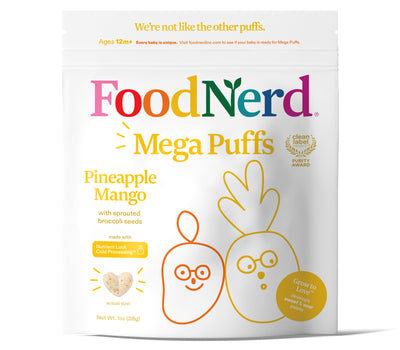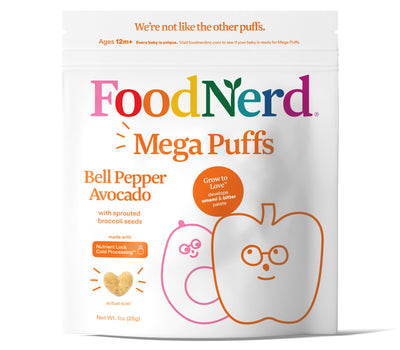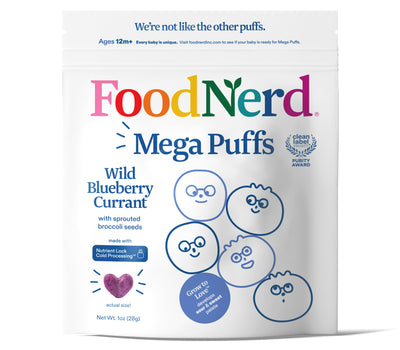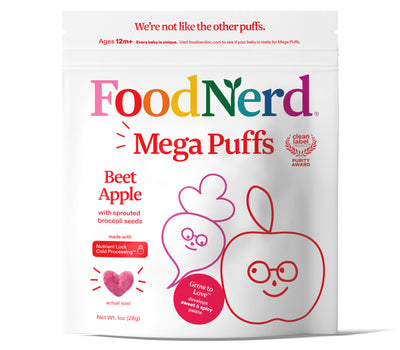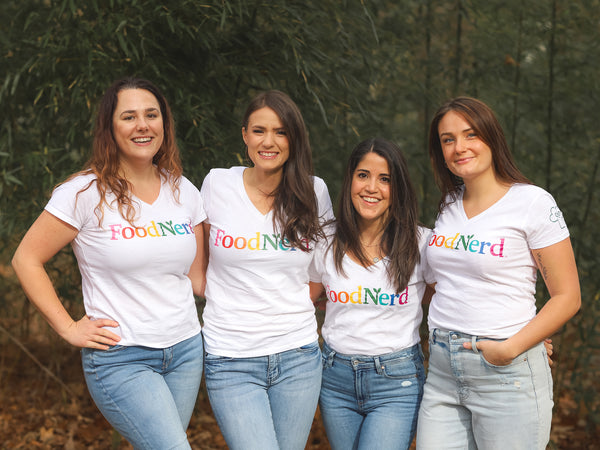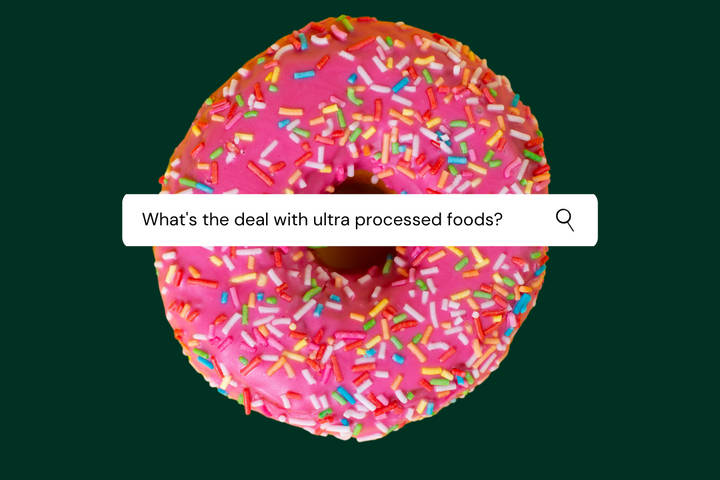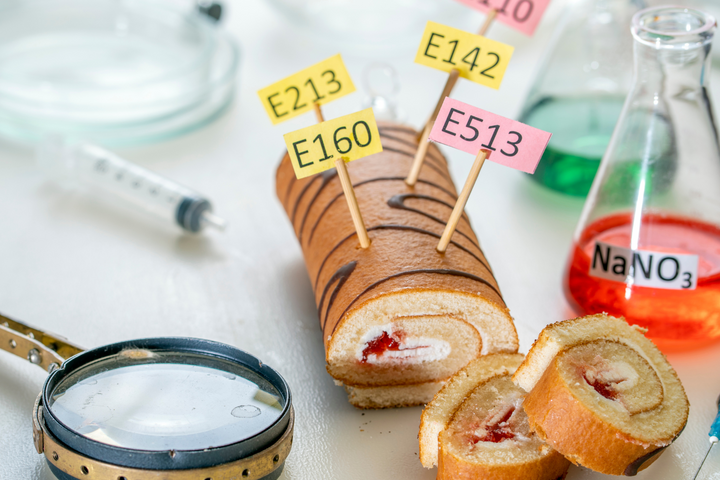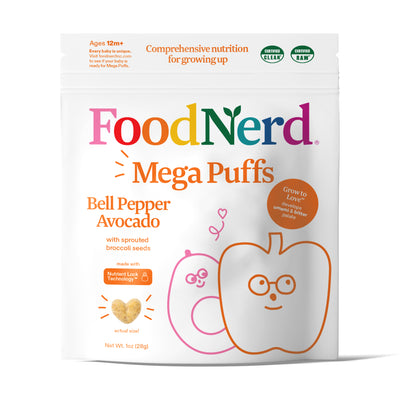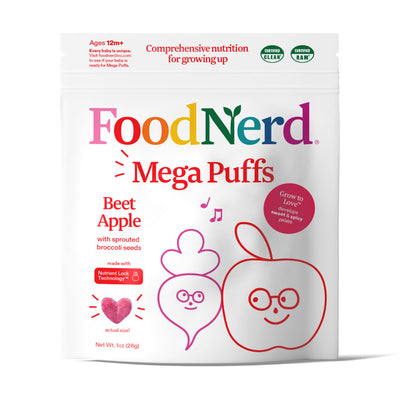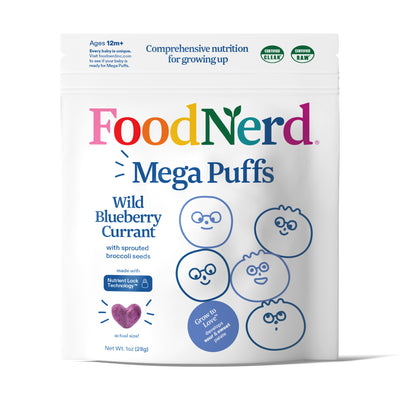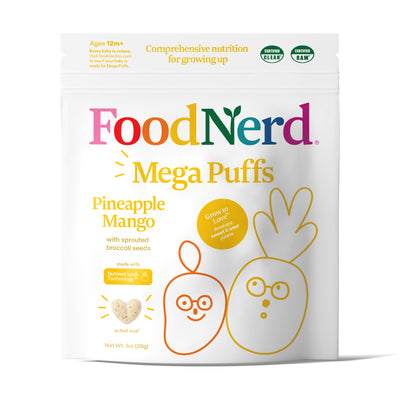How Did We Get Here?
Napoleon Bonaparte needed a way to preserve food for the French army. In response to this, a Frenchman named Nicolas Appert invented the canning of food in 1810. Later in the 1800s, this discovery along with other inventions, led to the mass-production of food (specifically canned food, cereal, and crackers).
By the mid-1900s, food manufacturers discovered that the trio of salt, sugar, and fat could be formulated in processed foods to produce a sense of pleasure and enjoyment. This has been described as the “bliss point” or the point where the saltiness, sweetness, and richness of food is perceived as “just right”.
Our Food Supply Today
Today, our food supply is dominated by highly processed packaged food that contains artificially high levels of calories, fat, sugar, and/or salt, but is severely lacking in nutrients like vitamins, minerals, and fiber (unless they are artificially added).
Foods with this combination of ingredients hyper-stimulates our brain’s rewards systems, which increases the brain’s production of dopamine. In this way, foods can become addictive and override our ability to sense that we are full, which can lead to overeating and weight gain.
With that said, it's no surprise that the rise of processed foods coincides with the rise of obesity and chronic diseases.
What role, if any, do processed foods play in the development of obesity and chronic disease? To answers these questions, we need a clear definition of processed food.
There are Different Types of Processed Foods
The USDA has an ambiguous stance on the definition of processed foods, which is:
“Any raw agricultural commodity subjected to washing, cleaning, milling, cutting, chopping, heating, pasteurizing, blanching, cooking, canning, freezing, drying, dehydrating, mixing, packaging, or other procedures that alter the food from its natural state.”
This definition does not address the different types of processed foods that exist in our food system. Luckily, the NOVA Food Classification System (developed at the University of Sao Paulo in Brazil) was created to classify processed foods into different categories, based on the degree to which the food is processed.
Unprocessed or Minimally Processed Foods: (LEAST processed)
What:
Unprocessed (or natural) foods are the edible parts of plants and animals. Minimally processed foods have been slightly altered by either drying, crushing, refrigerating, freezing, placing in containers, vacuum packaging, etc. Minimally processed foods do not have salt, sugar, or fat added to the original food.
Why:
The reason that foods are minimally processed is to preserve the food so that it stores for longer.
Examples:
- Unprocessed foods: fruit, vegetables, beans, whole grains, nuts, etc.
- Minimally processed foods: frozen or dried fruit, bagged salads and leafy greens, roasted unsalted nuts, Foodnerd products, etc.
Processed Culinary Ingredients

What:
Includes minimally processed foods that have been pressed, refined, ground, or milled.
Why:
These foods are typically used to prepare, season, and cook minimally processed foods. These foods may contain additives to preserve the food’s properties.
Examples:
- Honey extracted from combs
- Vegetable oils made from olives or seeds
- Starches extracted from corn and other plants
Processed Foods

What:
Minimally processed foods that are made with processed culinary ingredients, with the addition of fat, added sugar, and salt. These foods are processed using a variety of preservation and cooking methods.
Why:
Foods are processed so that they taste better and last longer. These foods may contain additives used to preserve their properties and prevent spoiling.
Examples:
- Canned vegetables, fruits, and legumes
- Salted or sugared nuts and seeds
- Salted, cured, or smoked meats, cheeses; etc.
Ultra-Processed Foods (MOST Processed)

What:
Foods that are made using industrial formulations with that are made with ingredients such as, sugar, oils, fats, salt, anti-oxidants, stabilizers, and preservatives.
Ingredients found only in ultra-processed foods:
- Additives: used to mimic the sensory qualities of minimally processed foods or to hide the undesirable sensory qualities of the final product. Examples: color stabilizers, flavor enhancers, non-sugar sweeteners, and processing aids such de-foaming, emulsifiers, etc.
- Other Ingredients: whey, gluten hydrogenated oils, hydrolyzed proteins, soy protein isolate, high fructose corn syrup, etc.
Why:
The main purpose of industrial ultra-processing is to create products that are ready to eat, taste very appetizing, and last for a long time on store shelves.
Examples:
- Soda
- Packaged snacks
- Ice-cream
- Chocolate
- Mass-produced packaged loaves of bread and buns
- Breakfast cereals
- Many ready to heat products including pre-prepared pasta and pizza dishes; etc.
The verdict here is that all processed foods are not the same. Ultra-processed foods are the ones that we need to watch out for the most because they have been shown to be detrimental to our health.
Impact of Processed Foods on Health

A recent research study (2018) conducted by Northwestern University revealed that out of 230,156 food products (bread, salad dressings, snack foods, sweets, etc.), about 71% were found to be ultra-processed.
So just how detrimental is ultra-processed foods to our health? More research needs to be done on this topic, but so far the results are startling.
Ultra-processed foods have been found to...
Increase our risk of chronic disease, including heart disease, heart attack, and stroke.
Recent research has found that a 10% increase in the amount of ultra-processed foods consumed was associated with significantly higher rates of overall cardiovascular disease, coronary heart disease, and cerebrovascular disease (affects blood flow to the brain). On the other hand, the researchers found a significant association between unprocessed or minimally processed foods and lower risks of all reported diseases.
Increase our risk of death.
Recent research has found that higher consumptions of ultra-processed foods (more than 4 servings per day) were associated with a 62% increased risk of all-cause mortality. For each additional serving of ultra-processed foods, the researchers found that all-cause mortality increased by 18%.
Impact the health of our microbiome.
Current evidence supports the association between high consumption of ultra-processed foods and changes in the diversity and composition of the gut microbiome. Eating a diet high in processed foods means that we are eating less of the nutrients that feed our microbiome and keep it healthy, including complex carbohydrates, fiber, and antioxidants.
May have an impact on how well our brain works.
Diets high in fat and simple carbohydrates, as occurs with the consumption of ultra-processed foods, have been shown to be associated with a reduction in cognitive function.
Makes us gain weight.
Recent research has found that ultra-processed foods contribute to decreased satiety (fullness), increased meal eating rates (speed), worsens our biochemical markers (inflammation and cholesterol), and leads to more weight gain.
Is There Such Thing as a Healthy Processed Food?
Luckily, there are outstanding food companies that exist, whose mission is to provide the most healthy, nutritious, and convenient foods possible (not to brag TOO much 😉).
Here at FoodNerd, we are committed to making superfoods more accessible. We use RAW, SPROUTED, ORGANIC ingredients that are GMO-free and never pressurized or treated with chemicals or preservatives.
Our products are MINIMALLY PROCESSED and are just as convenient and delicious as foods that aren't as nutrient dense. Our food products are also highly bioavailable meaning that our bodies are able to absorb more of the nutrients found in these foods, thanks to a process called SPROUTING.
Make a Commitment to You
The rise of processed foods and the rise in obesity and chronic disease is no coincidence. Current evidence shows that a diet high in processed foods contributes to weight gain and obesity and has a detrimental impact on our health, including increased risk of chronic disease and death.
Today is the day to make a commitment to you, one that involves eating less processed foods and more natural, healthy foods. This change alone will have a huge positive impact on our health and wellbeing.
Sources:
- Everts, Sarah . “Processed: Food Science and the Modern Meal.” Science History Institute, 2014, https:// www.sciencehistory.org/distillations/processed-food-science-and-the-modern-meal.
- “Processed Foods and Health”. Harvard T.H. Chan School of Public Health, The President and Fellows of Harvard College, 2019, https://www.hsph.harvard.edu/nutritionsource/processed-foods/#:~:text =The%20U.S.%20Department%20of%20Agriculture,%2C%20drying%2C%20dehydrating%2C%20mixing%2C.
- Monteiro, Carlos A., et al. "NOVA. The star shines bright." World Nutrition 7.1-3 (2016): 28-38.
- Baldridge, Abigail S., et al. "The healthfulness of the US packaged food and beverage supply: a cross- sectional study." Nutrients 11.8 (2019): 1704.
- Laster, Janese, and Leigh A. Frame. "Beyond the Calories—Is the Problem in the Processing?." Current treatment options in gastroenterology 17.4 (2019): 577-586.
- Srour, Bernard, et al. "Ultra-processed food intake and risk of cardiovascular disease: prospective cohort study (NutriNet-Santé)." bmj 365 (2019).
- Rico-Campà, Anaïs, et al. "Association between consumption of ultra-processed foods and all cause mortality: SUN prospective cohort study." bmj 365 (2019).
